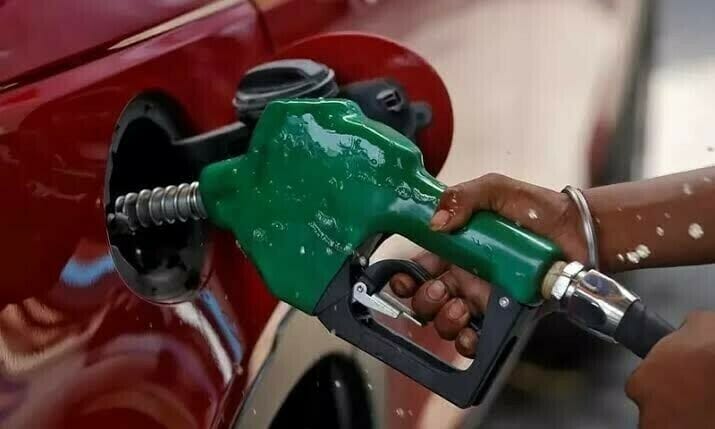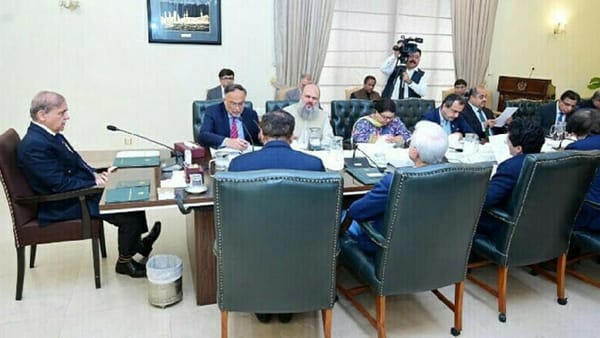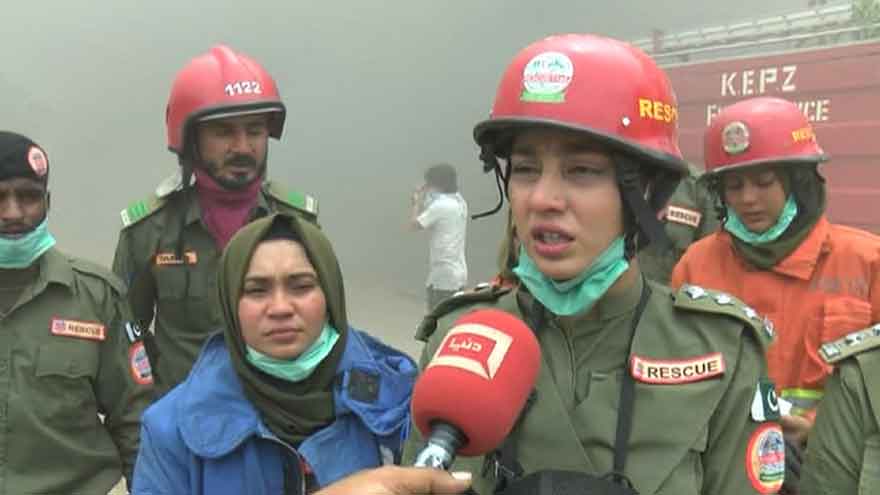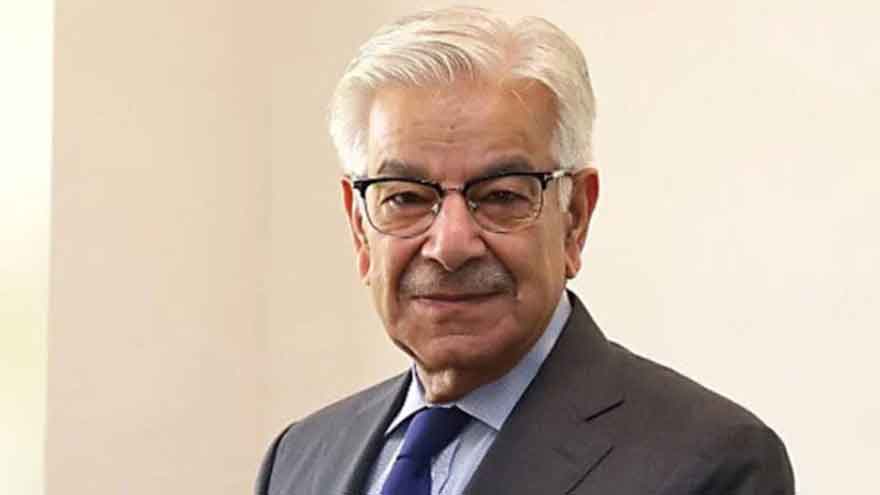IMF's GST condition could raise petrol prices by record Rs 50 per liter

LAHORE: Pakistan is on the brink of an unprecedented increase in petrol prices as the International Monetary Fund (IMF) recommends imposing a General Sales Tax (GST) alongside the existing petroleum levy on fuel products.
According to media reports, this recommendation comes as part of broader IMF conditions aimed at securing economic stability. The proposed measures also include significant hikes in electricity and gas tariffs, with an 18 percent GST on petroleum products potentially raising petrol prices by Rs 50 per liter.
Currently, the government levies Rs 60 per liter on petroleum products, generating an estimated Rs 1,080 billion in revenue for the next fiscal year. Projections indicate that this figure could reach Rs 2,295 billion over the next two years. To accommodate the IMF's demands, the government is also considering the introduction of a carbon levy instead of the GST.
In tandem with the petrol price hike, the IMF has urged the government to implement several other reforms, including the periodic adjustment of gas prices, efforts to curb electricity theft, and improvements to the transmission system. The IMF has also called for timely issuance of notifications for annual electricity tariff adjustments.
The government has assured the IMF of its commitment to these reforms, which are expected to place a significant financial burden on the public. The federal government has reportedly pledged to make electricity and gas more expensive, despite recent claims of record low inflation from the ruling PML-N administrations in the federal and Punjab governments.
Additional IMF conditions involve the revision of power purchase agreements, reforms to agricultural tubewell subsidies, and measures to reduce the circular debt in the energy sector. As of January 2024, the gas sector's revolving debt stood at Rs 2,083 billion, with the power sector's debt exceeding Rs 2,600 billion. The IMF has set a target to reduce this debt to Rs 2,300 billion by June 2024.
In this context, the government has prepared plans to introduce uniform gas pricing for cost recovery and reduce regional and industrial price disparities. These measures are crucial to preventing further accumulation of revolving debt and ensuring the financial sustainability of Pakistan's energy sector.




